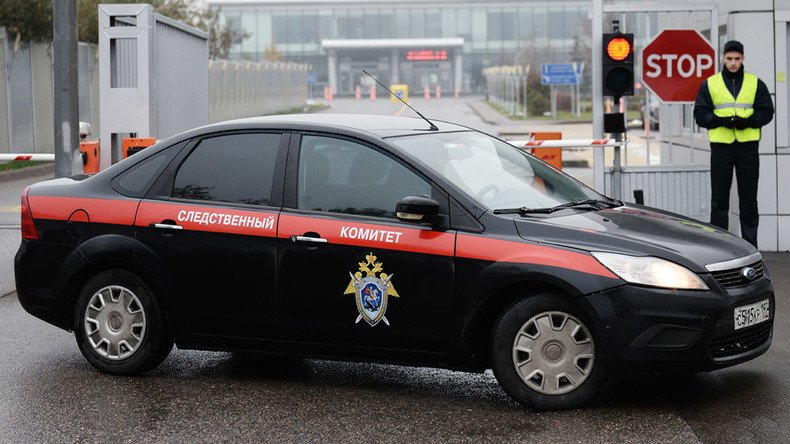Searches conducted in homes of Khodorkovsky’s Open Russia movement members

The Open Russia public movement, created and sponsored by former oligarch Mikhail Khodorkovsky, has reported searches in apartments of its members, which investigators say are connected with the 2003 embezzlement case in the Yukos oil company.
Russia’s top federal law enforcement agency, the Investigative Committee, confirmed that its agents were searching the apartments of several Open Russia members and Mikhail Khodorkovsky’s press secretary Kulle Pispanen on Tuesday morning.
“The searches in the Open Russia are being conducted within the framework of the Yukos criminal case instigated back in 2003,” chief spokesman for the Investigative Committee Vladimir Markin told Interfax. The picture of the search warrant that Open Russia activists posted on the social networks also had the number of the 2003 embezzlement case on it.
This case was started against Mikhail Khodorkovsky and his business partner and friend Platon Lebedev. Authorities suspected the two businessmen of defrauding the state of about $280 million in the process of privatization of the Apatit fertilizer company in the first half of 1990s. The probe has led to the trial in which Khodorkovsky and Lebedev received their first prison sentences in 2005. The court also ordered the dissolution of the Yukos oil company in order to compensate the damages to the state.
READ MORE: Justice Ministry seeks probe into Khodorkovsky’s Open Russia movement - report
Human rights activist Vladimir Chikov noted in Facebook comments that the statute of limitation on the Apatit case expired in 2013.
In comments to Echo of Moscow radio, Khodorkovsky called the searches “inevitable pressure,” adding that all activists in his group were ready for such developments.
The Open Russia NGO was founded by Khodorkovsky and his close allies in 2001. The organization oversaw many projects all over Russian territory, but after the dissolution of YUKOS it was deprived of funds and practically ceased to exist. When Khodorkovsky was released from prison in December 2013 and left the Russian Federation Open Russia was re-launched as a network structure with a declared goal to assist the “Europe-oriented part of the Russian society.” The group has not been registered in any way and exists as a public movement, which Russian law allows, but its members promised that it would be officially registered register as soon as it becomes engaged into any activities that require such move.
Open Russia’s website claims it was formed “on Mikhail Khodorkovsky’s initiative,” but says nothing about the sources of its funds.
In May this year, the Justice Ministry initiated the prosecutors’ probe into the Open Russia public movement in order to clarify its ties with former oil tycoon Mikhail Khodorkovsky and foreign sponsorship. In April, MP Aleksandr Sidyakin, who represents the parliamentary majority United Russia party, asked law enforcers to check if the Open Russia public movement could be categorized as a foreign agent and, if so, to see that it duly registers as such.












